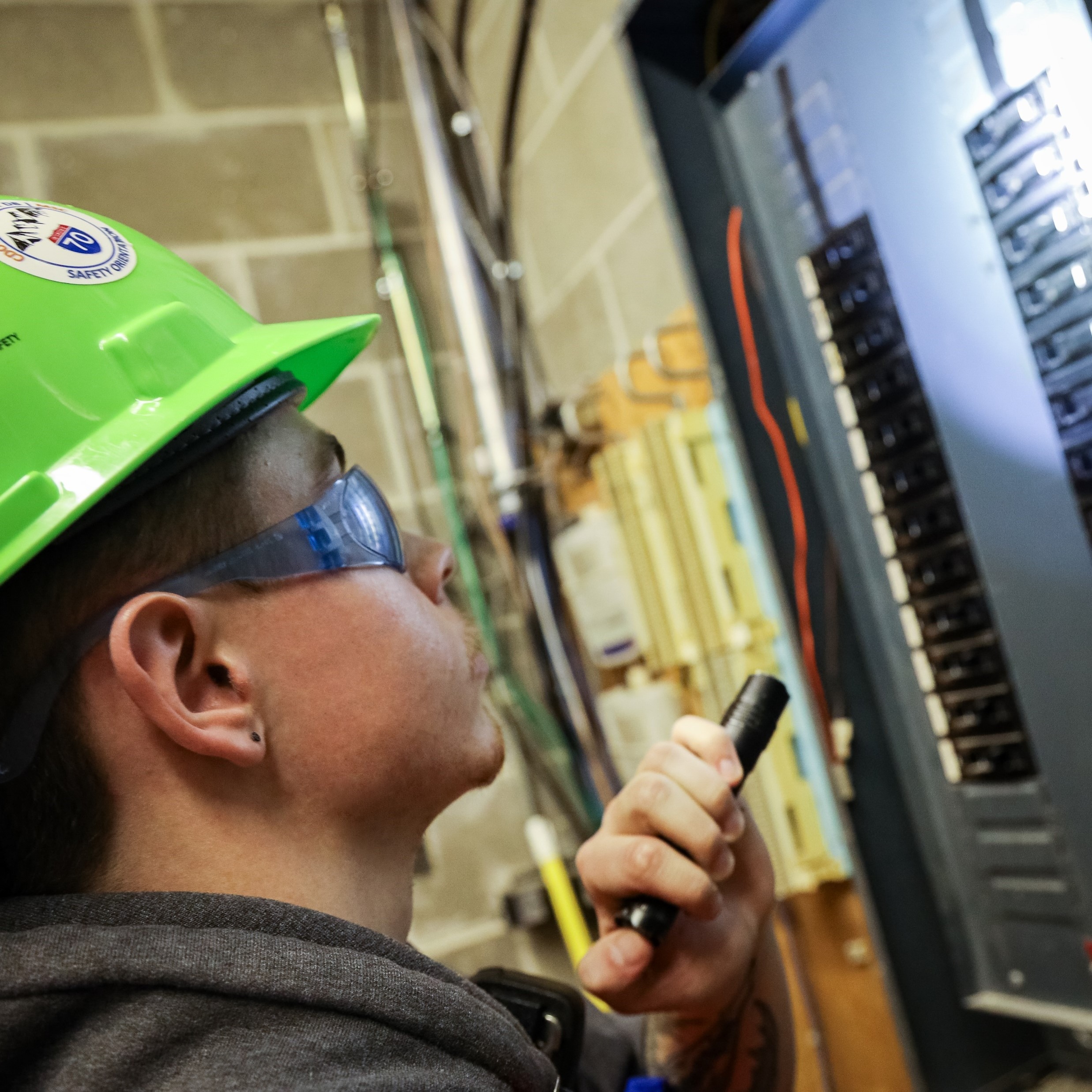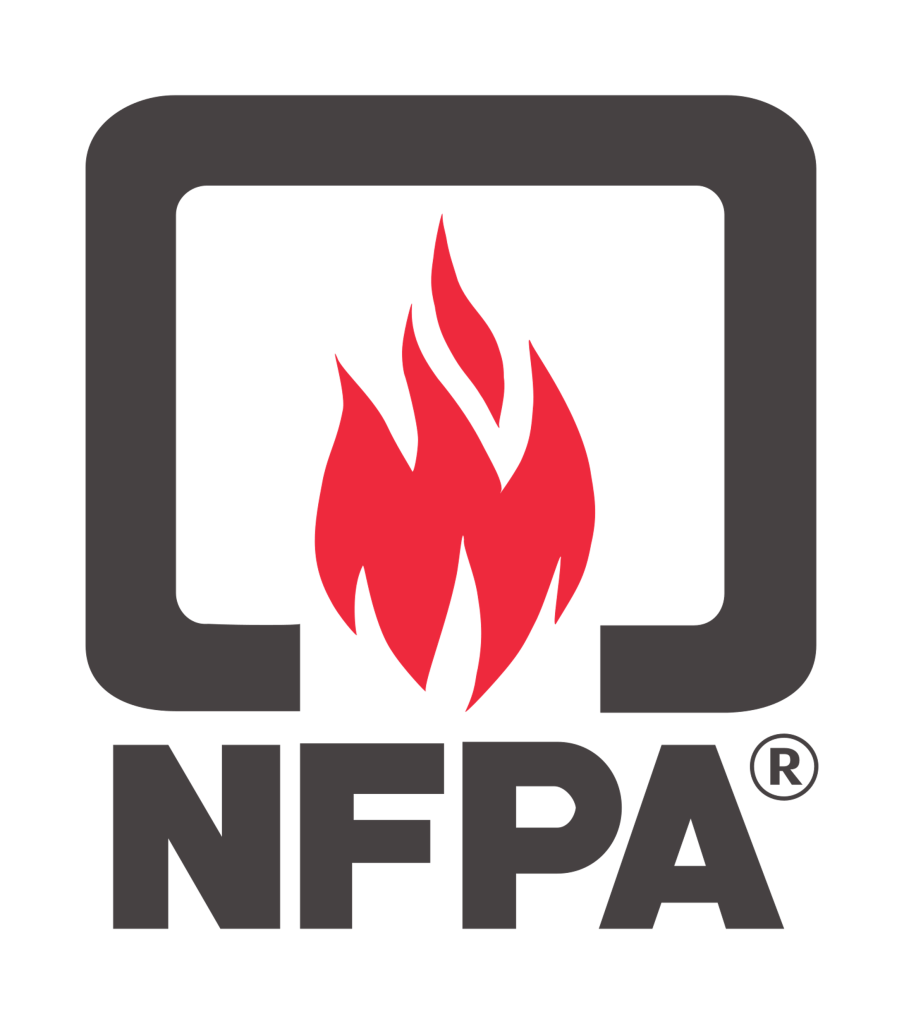
There may not be a one-size-fits-all approach for how to pass a fire inspection; however, there are guidelines, regulations, and laws that you should be aware of. There are several factors a business must keep in mind to pass an inspection. These include industry type, building size and usage, building maximum occupancy, and much more. It is important to understand the protection needs of your business prior to an inspection.
As every business and industry is different, you might consider contacting your local fire authorities and code enforcement office to gain a better idea of what your industrial space needs. There are many resources available online to provide you with information on how to safely and confidently manage your industrial fire protection. A credible fire protection company may also be a great resource for finding out the specific needs of your protection system before your inspection. Whatever you decide, be sure to properly prepare to pass an industrial fire inspection.
What to Consider Before an Industrial Fire Protection Inspection
Readying your business for a fire protection inspection may take more time than anticipated, depending on the condition of your fire protection system. If any equipment parts need cleaning, replacement, or testing, it could be beneficial to get a head start on your preparations. Keep an eye out for any updates to codes or laws in your area that pertain to fire protection, even if you have passed prior inspections. As agencies conduct research and technology changes, updates may be made to important requirements that could impact how to pass a fire inspection. A thorough review of requirements and regulations before an inspection may save you from not being fully prepared. Additionally, you may find it helpful to contact your business’s insurance provider to get a list of requirements for your policy.
How to Prepare for and Pass an Industrial Fire Inspection
As you prepare for an inspection of your industrial fire protection system, you may want to take a look at the following: 
- Hazardous materials: While there is a wide range of hazardous industrial materials, it is important to know what is being used or stored in your facility so you can take safety measures in case of a fire. According to the National Fire Protection Association (NFPA), many types of listed hazardous materials may require special protection or storage conditions. Identifying these risks can help you properly prepare your facility for inspections and use.
- Have certified professionals conduct a system overview: This can include alarm and detection testing and cleanings to prepare your system for proper operation. Consider contacting a trained fire protection company to conduct a system overview before your inspection, as they may be able to spot complications within your system.
- Have repairs completed by certified professionals: Like many things, fire protection systems may require occasional repair. Components like internal piping can corrode over time, and it is recommended to have them inspected every five years (per NFPA-25 standards). General repairs may need to be made as well, so regular system maintenance may help keep your system ready for inspection.
Maintaining Your Industrial Fire Protection System
After an initial fire protection system inspection, you will find it important to have regular maintenance of your fire protection systems to potentially mitigate any repairs or system complications that can arise. The NFPA reported that non-residential structure fires rose 12% from 2021 to 2022 and, in 2022, caused an estimated $4.0 billion in direct property damage. To reduce the risk to your property and to make sure that your system is ready, consider regular system maintenance from a trained and certified provider.
As you prepare your business for an industrial fire protection inspection and evaluate your needs, consider adding your local Western States Fire Protection team to help prepare your facility. Use this form to get in contact with us today so we can help you discover how to pass a fire inspection successfully.